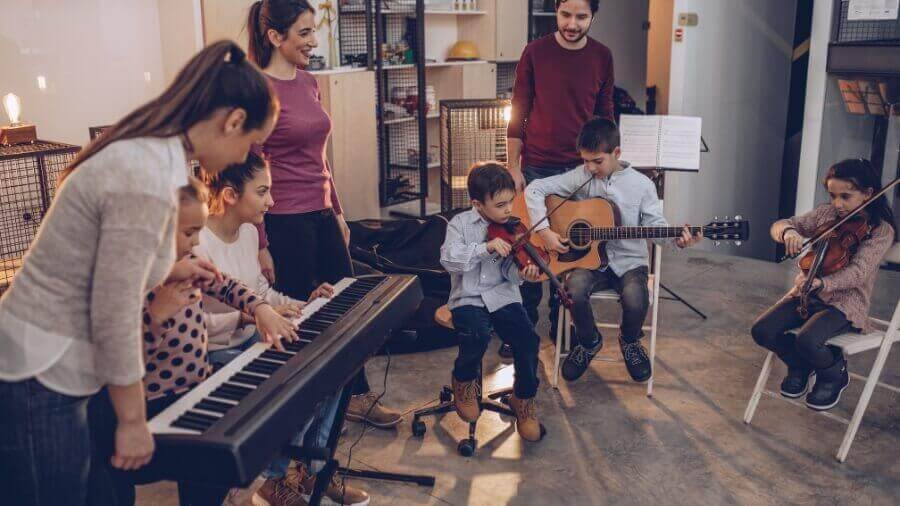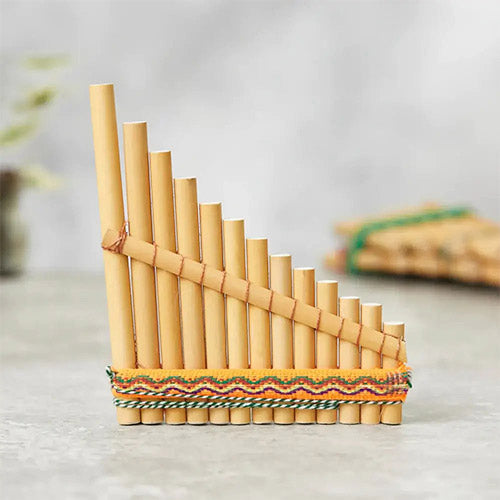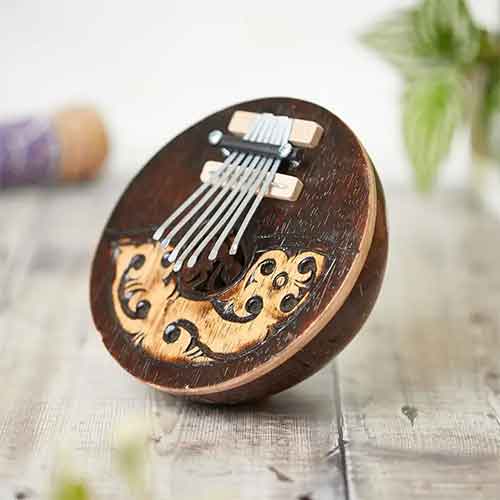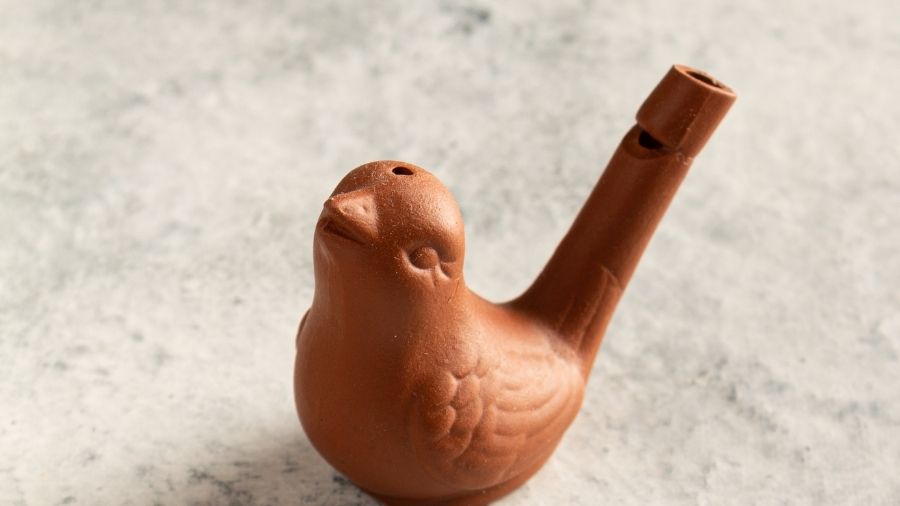Why is Music Important?
Music is very important, studies suggest that music improves our mood by reducing stress, anxiety, and depression. It can help you sleep better, and is also wonderful for improved learning. Not only that, it is said to reduce the risk of Alzheimer's disease and to even reduce pain. I can vouch for that too, when I was a teenager, I was out with my friends late at night and I was robbed for my phone at knifepoint.
That experience for me was very traumatic and it kept me indoors for quite a few months. I was suffering a lot with many mixed emotions including anger, fear, and overall sadness. I felt as if my life was literally over, but I got through it. I think that without music in my life, being house-bound would have driven me completely crazy. For me I was able to let go of my feelings, and instead express myself within art, I wrote songs to help express my emotions, I created productions to let out my creativity and this overall made me very happy.
After some time, I got over my fears, but whenever something bad happens, music is always there for me. It always picks up where it left off, and for that reason, I think music is very important.
Is music good for children?
Music is important for children because it develops the child’s sensory perception, and increases his ability to observe and regulate logic. Stimulate their memory, and increase there creativity and innovation. Facilitating the learning of educational and teaching materials. The child is relieved of anxiety and tension, which in turn makes them more balanced.
Sounds stimulate a lot of emotions in the personality of the child such as strength, joy, sadness, and courage, which in turn provides the child’s world with many feelings, and feelings that develop his human sense. Helps develop the social aspects of the child. Music and singing strengthen self-confidence, which makes them express their feelings without shame, and strengthens his relationships with friends and peers.
Kids do love to experiment with playing instruments, shaking shakers, etc. My little ones, girl and a boy love music, it is a part of their everyday life. they are only 2 and 3 years old, my son loves banging drums, shaking shakers, and overall playing on my piano experimenting with keys and precipitation of sound velocities.
Whereas my daughter loves to hold a ukulele, unable to hold chords but still strumming and enjoying the art of performance for her mum and dad, the applaud boosts her self esteem and confidence and when she sees the instrument, it sparks joy for her. Within children it can help with memory, recalling lyrics from songs and promoting dance within social groups at events such as birthday parties, weddings, etc.
Music is an art of silence and sounds that are issued over a period of time, a word of Greek origin. It was formerly the group of arts in general, but recently it became limited to the language of melodies. The term music was also defined as melodies which examine the organization of the melodies, the links and relations among them, as well as the rhythms and weights.
It facilitates the process of communication between the spirit and the mind. It is considered an educational and social means of high level, and it plays a large role in the development of the sense, in addition, it achieves understanding among educated individuals. Music contributes to the recovery of plants, and it increases the production of animals, some research has shown that music contributes to stimulating the cow to increase the secretion of milk and production, and pastors were used to using the flute, to encourage sheep to graze.
Over the past 30 years, scientists have identified a number of benefits that musical instruments can have on the cognitive development of your child. It has been proven that music by itself helps to develop the child's senses more than any other subject on the school curriculum. In the long term, this helps to improve your child’s fine motor skills and overall coordination, which will benefit them throughout their lifetime, both in childhood and as an adult.
In addition to this, music can help your child to improve their focus and memory. Studies have shown that by listening to music from a young age, children significantly increase their ability to focus in school, as well as memorize faster than other children of the same age.
This greatly increases their ability to produce good grades in school, as well as develop life skills at a faster rate. By introducing your child to music at a young age, it could be argued that you are setting them up for a life of success.
If this wasn’t great enough by itself, music can also help to improve your child’s language development. Music is often used by child therapists all around the world to help children understand speech, using it as a base for further development and overcoming any speech deficiencies that they may have.
Once exposed to music, not only can children further develop in their own language, but they will also have the ability to pick up a second language. Music allows children to better understand the flow of language, which consequently allows them to pick up the language more efficiently than adults.
Musical instruments can also have a benefit on your child’s personal characteristics. By learning one from a young age, your child will improve their discipline levels, after all, learning an instrument can be extremely difficult. In addition to this, it can also help to boost their self-confidence, increasing their ability to make friends with other children, as well as interact with people in general.
These facts alone suggest that music should be taught in schools as early as reception. It has a range of uses in the classroom, from music classes to the use of music in lessons to improve productivity and focus among children whilst they are written essays or even during class-based exams.
At Carved Culture, we supply a wide range of music instruments from drums, and shakers to instrument packs, that are a fantastic addition to the classroom. We believe that such instruments are a perfect way to get your children into music. All of them are completely safe in the classroom and are specially designed to spark an interest in any child that interacts with them.
We offer schools a unique educational discount on all of our instruments as we believe that they should be a fundamental aspect of any school, even for the younger years. Contact us directly today and see how the use of instruments within your classroom can help change your class forever.












